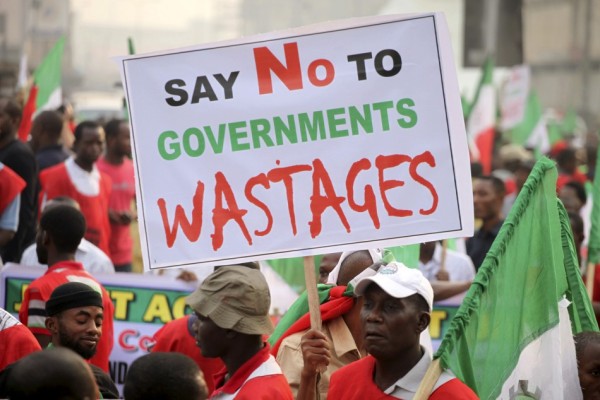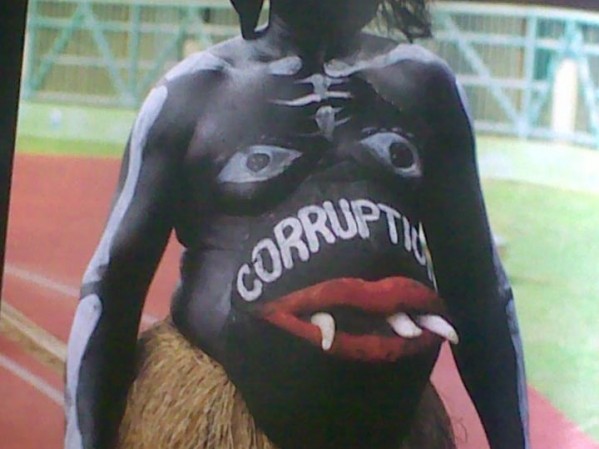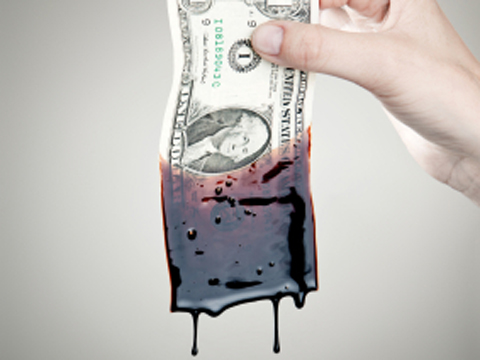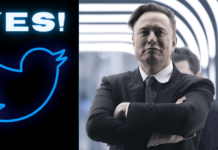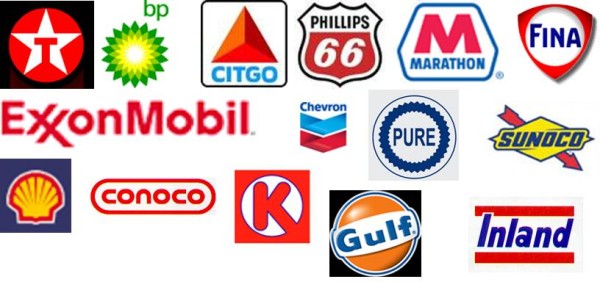
A new report by Oxfam America, has accused major oil companies in the United States of America of contributing to massive corrupt practices in the oil sector of developing countries, causing a whopping loss of $1.55 trillion of oil revenues from 2010 to 2015.
Although Oxfam America did not name the specific oil companies involved in this dirty game, it stated “foot dragging by the Securities and Exchange Commission combined with aggressive lobbying and legal challenges by oil industry laggards, law meant to increase transparency around fossil fuel operations in developing countries has been stalled for nearly five years.”
According to Oxfam, the $1.55 trillion represents five times the existing funding gap for 42 of the world’s poorest countries in both education and health.
Elias Isaac, country program manager for the Open Society Initiative for Southern Africa‘s Angola office, confirmed Oxfam’s allegation and cited what he has seen in the Angolan oil sector. He said, “a long and well-documented history of large-scale corruption in the oil sector, resulting in revenues that could have been used to promote the country’s development being siphoned off or wasted.” Anti-corruption campaigners have also said that Nigeria’s oil sector is one of the most corrupt in the world.
Reportedly, in 2010, the Dodd-Frank Wall Street Reform and Consumer Protection Act sought to help US citizens “follow the money” by including the groundbreaking provision known as the Cardin-Lugar provision, or Section 1504. This provision would require all oil, gas, and mining companies listed on US stock exchanges to disclose payments made to governments around the world for each project.
to disclose payments made to governments around the world for each project.
According to Common Dreams, such payments include taxes, royalties, fees, production entitlements, bonuses, dividends, and payments for infrastructure improvements.
However, although this July will mark five years since the Dodd-Frank Act was passed, there is still no sign of an official Section 1504 rule from the Securities and Exchange Commission.
Oxfam states that because so many of these oil transactions remain in secrecy, they are siphoned off as bribes, mismanaged or wasted, or even used to fund violence or conflict. Therefore, the many people in poverty who desperately need these fund are ultimately deprived of them.
“More than 663 million people in developing countries live in absolute poverty. And they have a right to know: how much do their governments receive for each project and where does the money go? But under this current circumstance, following the money and holding governments accountable is next to impossible for citizens of developing countries,” Oxfam said.
To even worsen the situation, it is said the oil companies have sponsored fossil fuel industry lobbyists to fight the disclosure law. Oxfam said that in the U.S., between 2010 and 2014, the American Petroleum Institute has spent at least $360 million lobbying against Section 1504.
Oxfam America president-Raymond Offenheiser said “With payments for oil and mining projects out in the open, citizens can demand their governments spend these funds in the communities where drilling is taking place — using it to fight extreme poverty and build roads, schools, and hospitals, with secrecy, funds may be lost to corruption and waste, as we have historically seen in oil-rich countries still suffering from high rates of poverty and low development.”
Oxfam said if the estimated $1.55 trillion which is lost to corruption is managed properly, it could dramatically reduce poverty and improve education, health care, and agriculture in the developing world.
Get Your Anonymous T-Shirt / Sweatshirt / Hoodie / Tanktop, Smartphone or Tablet Cover or Mug In Our Spreadshirt Shop! Click Here
You want to support Anonymous Independent & Investigative News? Please, follow us on Twitter: Follow @AnonymousNewsHQ
This Article (US Oil Companies Fingered In Massive Corruption In Developing Countries, $1.55 Trillion Missing Within Five Years) is free and open source. You have permission to republish this article under a Creative Commons license with attribution to the author and AnonHQ.com.


